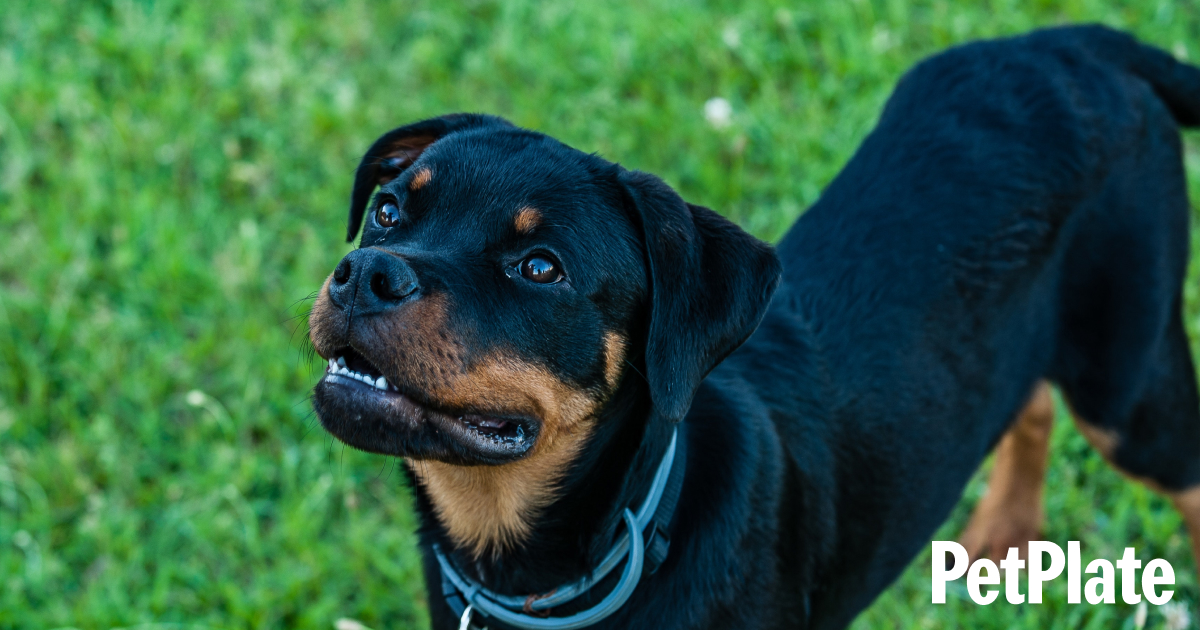Parvo and Your Dog’s Long-Term Digestive Health – What Pet Owners Need to Know
When a puppy is lethargic, refuses to eat and has sudden diarrhea and vomiting, parvovirus is an immediate concern.
Canine parvovirus, or parvo, is a common and highly contagious gastrointestinal illness. Young, unvaccinated dogs between six weeks and six months old are at the highest risk. In addition to acute symptoms like bloody diarrhea and vomiting, parvo can cause long-term health effects, including chronic gastrointestinal and digestive issues. Parvo can also be deadly.
What is Parvo in Dogs?
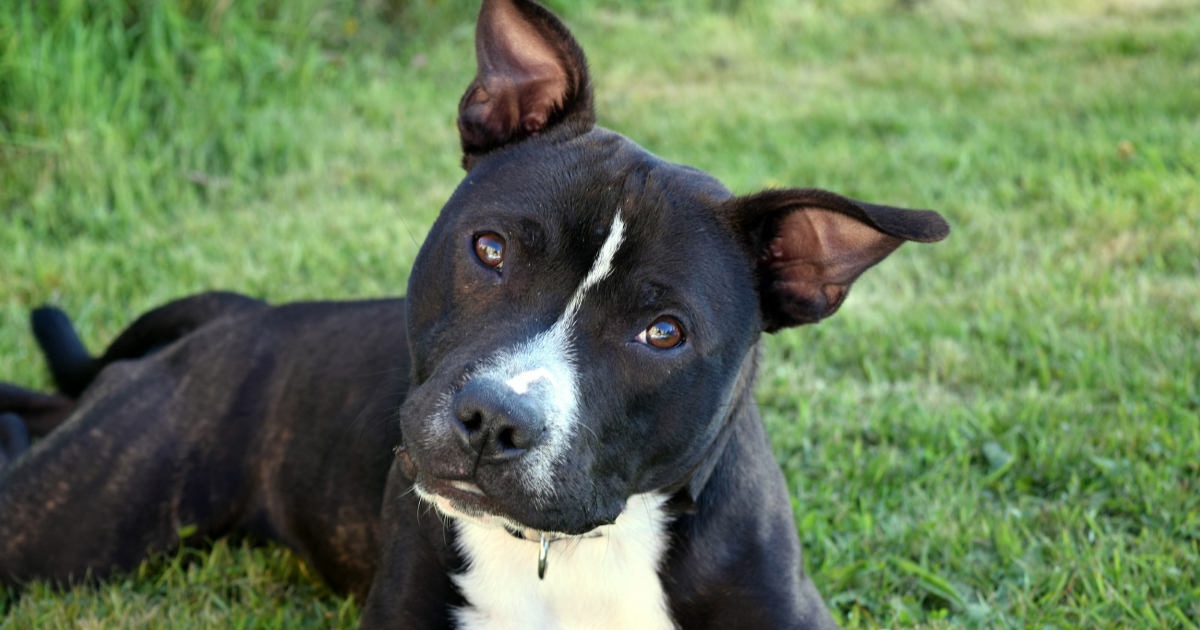
Canine parvovirus is an infectious disease of the stomach and small intestines. The virus kills cells, interferes with cell absorption and disrupts the gut barrier; it can also affect bones, tissues and even the heart, causing rapid heartrate and low pulse.
Parvo is highly contagious and spreads through contact with an infected dog or contaminated objects like feces, collars, leashes and bowls. Contact with people who handle infected dogs (including dog breeders and shelter workers) can also transmit the virus.
These six dog breeds have an increased risk of contracting parvovirus:
- American Staffordshire terrier
- Doberman Pinscher
- English Springer Spaniel
- German Shepherd
- Labrador Retriever
- Rottweiler

What are the side effects of a dog having parvo?
Parvovirus symptoms in dogs include bloody diarrhea, vomiting, fever, dehydration, depression, lethargy, loss of appetite, weakness and weight loss. If you see any parvo symptoms in dogs, take your dog to the vet immediately. Left untreated, parvo can result in death.
What happens when a dog has parvo?
Parvo is a gastrointestinal disease; the virus attacks the cells in the intestine, making it impossible for dogs to absorb vital nutrients and causing dogs to become weak and dehydrated.
Can a dog survive having parvo?
There is no cure for parvo. The parvo treatment for puppies includes treatment for diarrhea, vomiting, dehydration and other symptoms of parvo in dogs. Parvo also weakens the immune system and increases the risk of infection, which means puppies with parvo often need antibiotic medications as well as careful monitoring to make sure their symptoms get better, not worse.
With parvo treatment, it’s possible for puppies with parvo to recover from the virus. Some research shows that survival rates can be as high as 90 percent with immediate, aggressive treatment, but severe damage to the lining of the intestines, blood cells that cause dehydration, electrolyte imbalances and blood infections mean that the virus can be fatal.
Long Term Effects of Parvo
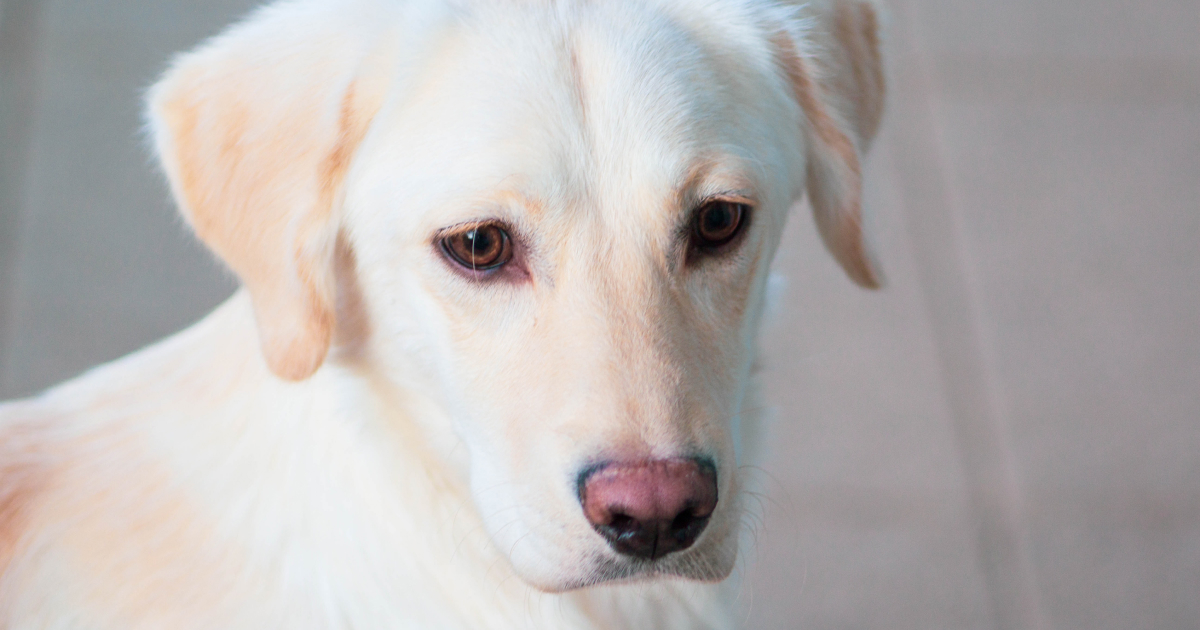
Dogs that recover can still experience long term effects of parvo. Some of the most common side effects of parvo include:
Heart disease: Parvo can cause inflammation of the heart muscle, leading to poor heart function and arrhythmia (irregular heartbeat). Research has also linked parvo to heart infections and death of the heart muscle in infected dogs.
Gastrointestinal disease: Dogs that survived parvo have higher rates of chronic GI issues. In one study, 42 percent of dogs that had parvo had chronic gastrointestinal issues. Researchers suspect that the virus affects the immune system and the antibiotics used to treat the virus destroy the lining of the gut. As a result, some dogs develop chronic diarrhea and food sensitivities following infection.
The good news: The research also showed that 63 percent of dogs with chronic GI issues after parvo responded to diet changes—but discontinuing those diet changes or ignoring medical management led 60 percent of those dogs to have recurring symptoms. There is strong evidence that implementing food changes can solve chronic gastrointestinal issues that persist after parvo infection.
What does parvo do to the intestines?
After a dog comes in contact with the virus, it travels to the intestine and wreaks havoc on the intestines. It causes thick, discolored intestinal walls; fluid, mucus and blood in the intestines; and inflammation.
The villi, finger-like protrusions in the intestines that absorb nutrients become blunted during (and after) parvo infection, making it harder for infected dogs to uptake nutrients, which causes diarrhea. Parvo also causes the barrier between the bloodstream and digestive bacteria to break down, allowing bacteria to enter the bloodstream, causing infection and bloody, foul-smelling diarrhea.
Does parvo cause gastroenteritis?
Older research found a connection between parvovirus in dogs and higher rates of hemorrhagic gastroenteritis, a specific strain of gastroenteritis, which is an infection that causes stomach cramps, diarrhea, vomiting and fever. The link was strongest in puppies between two and six months of age.
How to Prevent Parvo
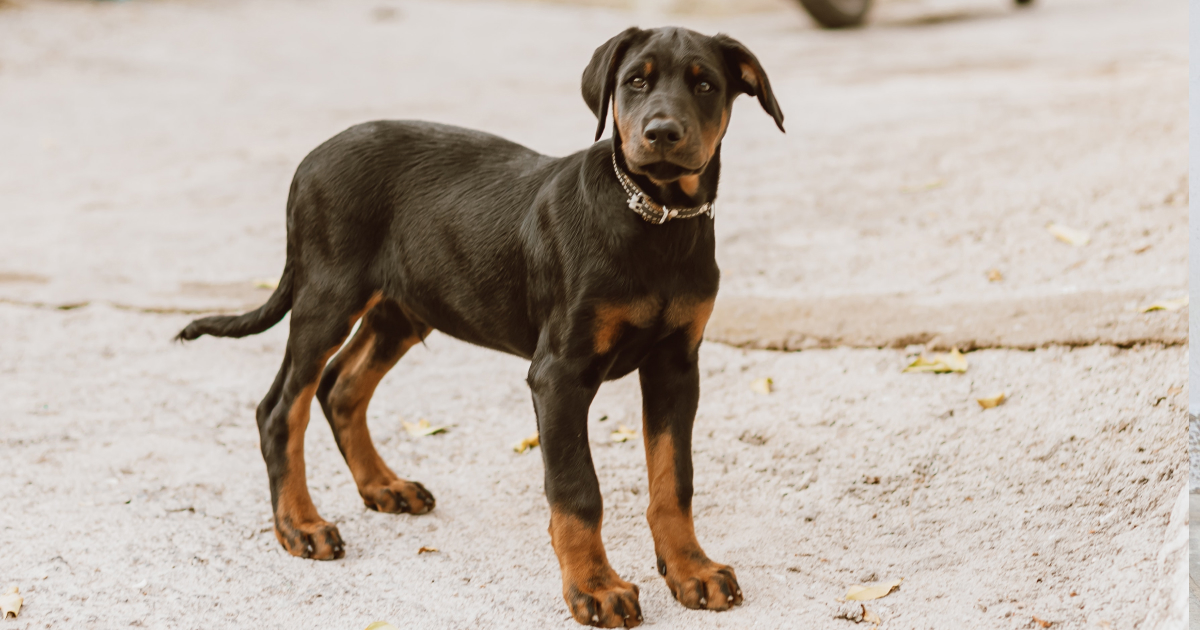
Parvo is a devastating illness so it’s important to prioritize prevention.
Vaccinate: Parvo vaccines save lives. Puppies should receive their first dose of the distemper parvo vaccine between six and eight weeks of age and require booster doses every three weeks until they are 16 weeks old. Dogs also need parvo vaccine boosters at one year old—and as an annual vaccine every year after that—to reduce their odds of contracting the highly contagious virus.
Limit exposure: Unvaccinated dogs can spread parvo. Avoid dog parks and limit playdates so your puppies away don’t come in contact with any unvaccinated dogs until they have received all of their vaccines.
Keep it clean: Parvo can live on surfaces like leashes, collars, beds and floors. Skip regular soaps and disinfectants, which aren’t strong enough to kill parvo, and use a cleaning solution of a half cup of bleach diluted in one gallon of water to prevent the spread of the virus.
Improve Your Pup’s Digestive Health with Better Food from PetPlate
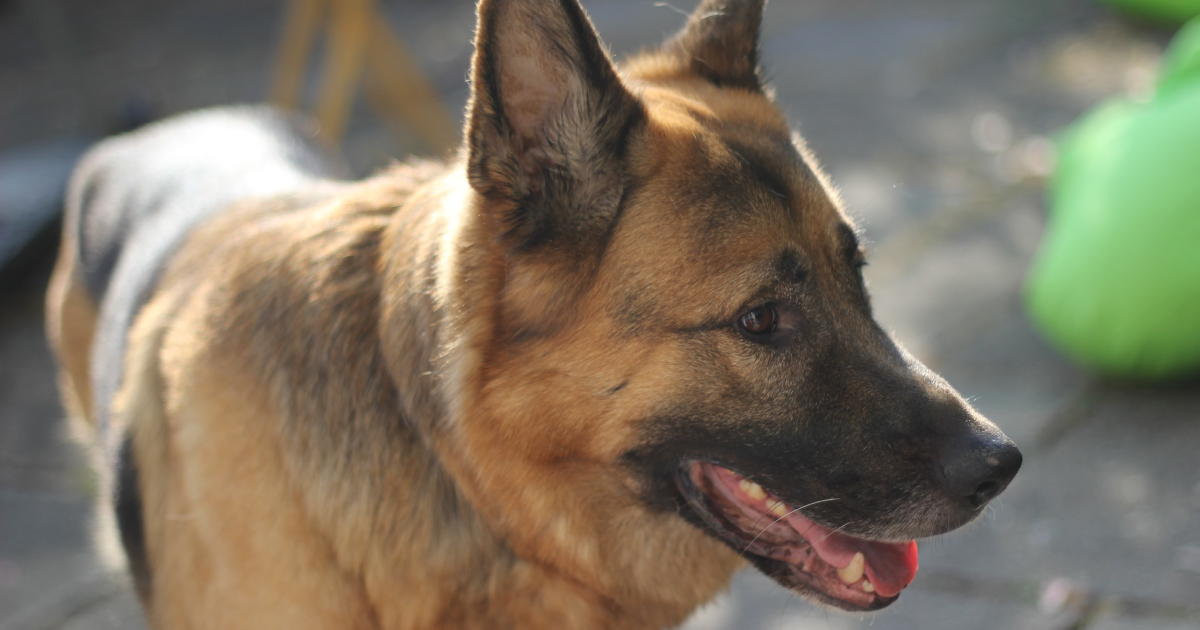
Parvo is a highly contagious virus that can cause devastating symptoms, including long-term gastrointestinal issues. Keeping your dog up to date on vaccines is the best way to protect your pup but if you suspect your dog may have parvo, take them to the vet for treatment immediately.
Dogs that survive parvo often have long-term health issues, including gastrointestinal troubles. Diet is the best way to improve your dog’s digestive health after recovering from parvo.
PetPlate provides healthy, fresh cooked meals and treats for dogs that help improve digestive health along with vet-designed supplements fortified with a proprietary probiotic blend to support healthy digestion and quality stool production. The goal: Make better food for dogs so they can live longer, healthier, happier lives with their families.
